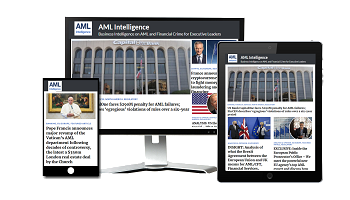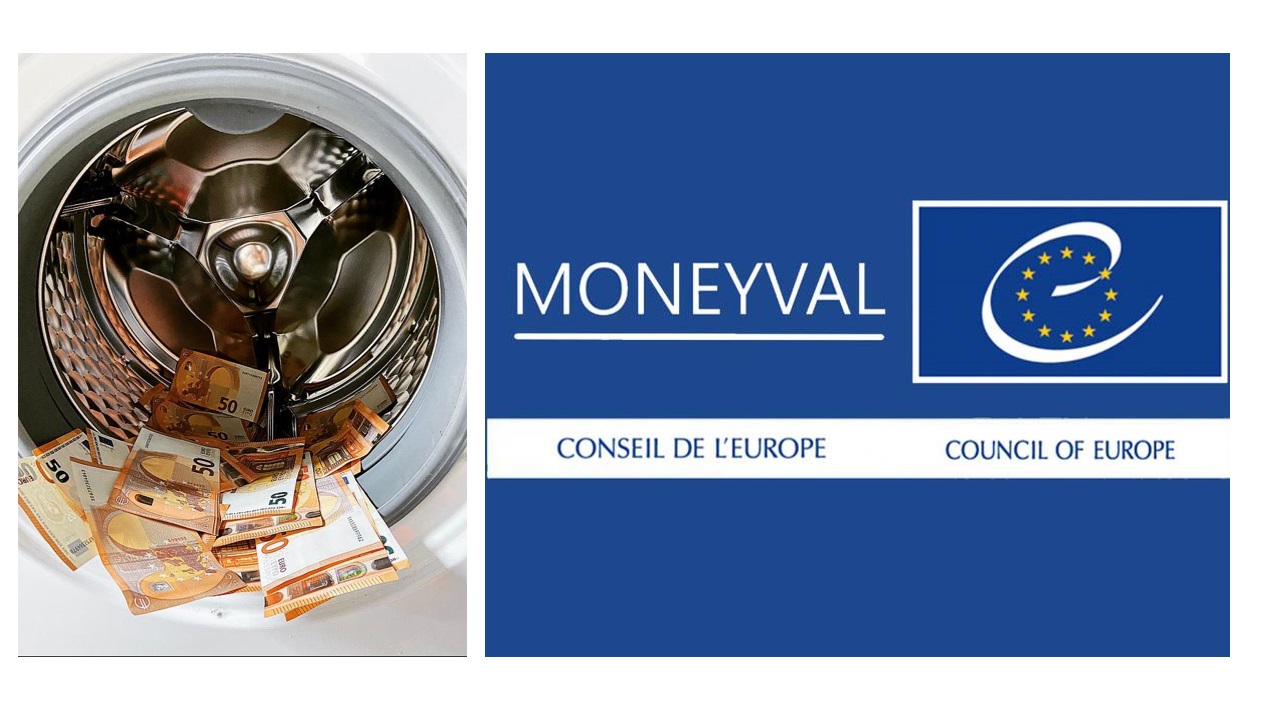By PAUL O’DONOGHUE, Correspondent
ALLOWING private and public sector (PPPs) financial bodies to share information can enhance asset recovery and crack down on money laundering.
That is according to speakers at the Financial Action Task Force’s (FATF) Private Sector Consultative Forum 2024 held this month in Vienna, at the office of the United Nations Office on Drugs and Crime (UNODC).
The event – which was attended by more than 250 people representatives from private financial bodies, the public sector and academia – was held under the Chatham House Rule. This meant that no comments could be directly attributed to speakers.
However, an attendee at the event told AML Intelligence that a focus at panel discussions was improving links between public and private bodies.
He said an example pointed to was the COSMIC, a digital platform launched earlier this month by the Monetary Authority of Singapore together with six major commercial banks in the country, including the likes of Citibank and HSBC.
COSMIC allows financial institutions to securely share information on customers who exhibit multiple “red flags” which could indicate potential financial crime concerns.
“It was also discussed how this can lead to more effective outcomes in asset recovery and getting back the proceeds of crime.”
Tommas Kaplan, the chief compliance officer at von Poll Immobilien GmbH, also said the issue of public-private collaboration for asset recovery was a key issue discussed.
“The problem was presented that in Germany, if an urgent STR (Suspicious Transaction Report) is made, the transaction must be carried out after 72 hours if no response is received or no immediate action is taken by the FIU (Financial Intelligence Unit) or the public prosecutor’s office,” he said in a post on LinkedIn.
“It is therefore necessary for the public sector to interact and prioritise quickly. The tactical and operational exchange of information is the key to successfully preventing and combating money laundering and terrorist financing.”
In a statement published after the event, the FAFT said there was “consensus” at the summit that “the private sector and civil society play a critical role in helping jurisdictions address these risks more effectively”.
“Thematic discussions were held on the contemporary issues of payment transparency, asset recovery, beneficial ownership, and risk-based approach for non-profit organisations,” the statement said.
“Participants also discussed examples of how the public and private sectors have collaborated through strong public-private partnerships, such as those combating the financial flows of the illegal wildlife trade.”
The conference attendee who spoke to AML Intelligence noted that there had been some resistance in the past to public-private bodies such as COSMIC.
“There are a number of issues, data privacy is one,” he said.
“Also if you have a red flag in one organisation and it goes to another financial institution, it can be de-risked. So this requires maturity in decision-making.
“But as we see progress on these fronts, I think we will see what works best (for each jurisdiction) rather than copying models other countries have in place.”
Kaplan said in his post on LinkedIn that these tighter public-private links will be beneficial for both sides.
“Stopping a single transaction is important, but it would be even more effective to detect the network behind it – the big picture,” he said.
“Public private collaboration, not consultation, could achieve this.”











